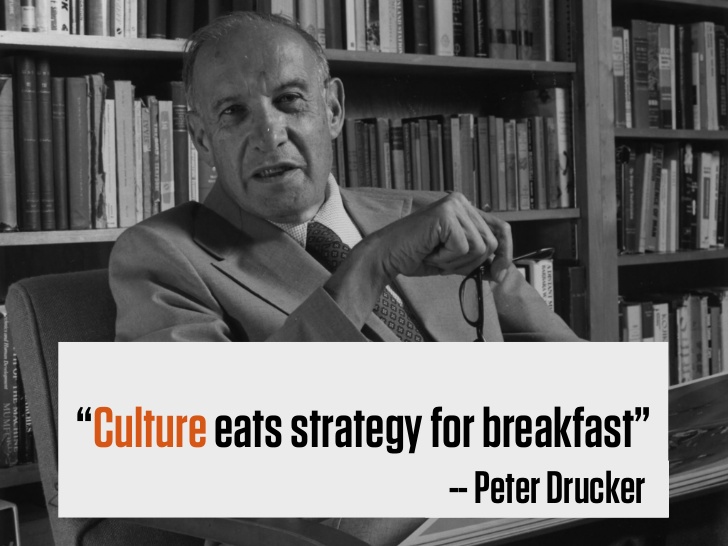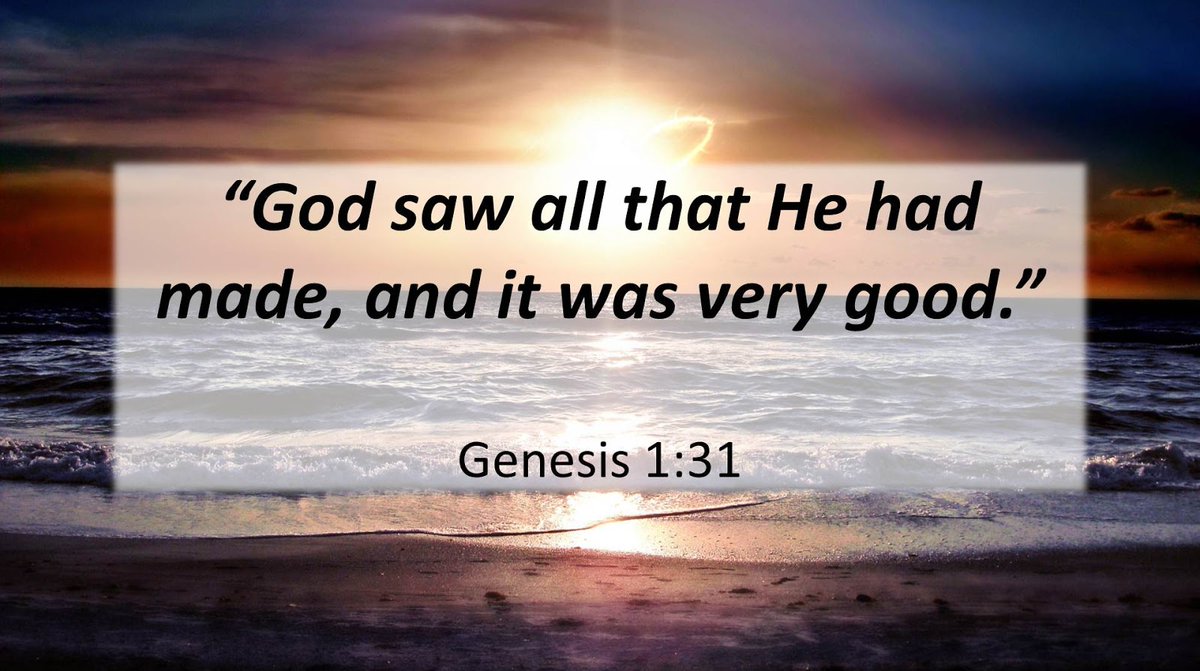What to say about @scotmcknight & @laurambarringer & #39;s "A Church Called Tov"?  https://abs.twimg.com/emoji/v2/... draggable="false" alt="🧵" title="Thread" aria-label="Emoji: Thread">
https://abs.twimg.com/emoji/v2/... draggable="false" alt="🧵" title="Thread" aria-label="Emoji: Thread">
a) I recommend reading books by authors you& #39;re not supposed to like, or with weird titles, or that everyone else is reading, even if you& #39;re "meh" about it, because sometimes they& #39;re really good. +
a) I recommend reading books by authors you& #39;re not supposed to like, or with weird titles, or that everyone else is reading, even if you& #39;re "meh" about it, because sometimes they& #39;re really good. +
I& #39;m not sure why I haven& #39;t read McKnight before, but I& #39;m sure it& #39;s because someone somewhere told me that I should check out someone else saying something about him. Was it the New Perspective on Paul? That was supposed to be the greatest threat to the church back when. +
b) Culture is king. More than pastor, sermon series, worship leader, latest songs, pallet walls, or building, culture determines your impact and your legacy. Build a Jesus-focused, word-driven, love-focused culture and watch things thrive. +
c) In a celebrity-driven society, churches often hire the problem by recruiting self-obsessed, narcissistic leaders who for whatever reason (arrogance or insecurity) create fear-driven environments that chew people up and spit them out. That& #39;s not the great commission. +
d) Toxic churches reveal themselves by how they respond to problems. When someone speaks out against a problem, if the leadership responds by labeling them a problem, that& #39;s evidence of a toxic culture. +
e) The important thing for Christians to remember is that everything God makes is good (tov). His world is good. He made mankind good (Etc 7:29). His word is good. And the church He builds in the world? That should be good as well. +
f) We& #39;re foolish. We swap the goal of & #39;being good& #39; (for people, for the world, in deeds) for Big. For Hype. For Growth. We swap in worldly metrics (rapid growth in attendance and giving) & de-emphasize the focus on walking in the good works which he& #39;s prepared for us (Eph 2:10) +
g) And so we& #39;ve platformed celebrities with shallow character, appetite problems, and questionable doctrine. We& #39;ve destroyed their critics. We& #39;ve filled boards with yes men and given them millions of dollars and speaking slots at every conference. +
h) And in return we& #39;ve grown shallow ourselves, and have received abuse scandals, financial mismanagement, investigative reports that horrify, broken lives, shattered faith, and a tattered witness. +
i) Personal observation: Church attenders and boards often do this to themselves, by looking for someone to lead them who will get butts in seats and dollars in the plate. They want someone impressive, and they invite the problem pastor in themselves. +
j) I was mildly horrified when the authors mentioned, CIU, my alma mater, expecting some horrible revelation, but was pleased to hear of the school& #39;s wall of martyrs - an illustration of how the school prioritized the right kind of heroes. +
If you don& #39;t know CIU, you might not know of Robertson McQuilkin, the president who resigned at the height of his career to care for his ailing wife, serving her during her battle with Alzheimer& #39;s, watching her slip away. + https://www.baptistpress.com/resource-library/news/cius-robertson-mcquilkin-a-hero-indeed-dies/">https://www.baptistpress.com/resource-...
He taught us more living that life than anything he taught in the class. Learning to be a pastor in classes with missionaries helps you sort your priorities. +
Do we really want another hundred years of fear-driven, doctrine-policing, life-wrecking evangelicalism? It works for a lot off people, but is it worth the trail of defrauded, scandalized, abused, and wounded people who have wandered away from their faith? +
The Tov cycle is lovely. Nuturing empathy, grace, loving people, always telling the truth, working for justice through humble service, and developing Christlikeness is about as countercultural as you can get, and is entirely biblical. +
The book is genius in that all the topics are biblical and to be honest, nothing new, but they& #39;re arranged together in such a way that they speak to the emptiness felt by so many who are looking at the evangelical industrial complex. +
One criticism: The book focuses a lot on the pastor, and as a pastor, I felt both attacked and encouraged. The pastor often has the loudest voice and the most influence. Discussing the book in a book club, many readers weren& #39;t sure how & #39;lay people& #39; could implement Tov. +

 Read on Twitter
Read on Twitter




